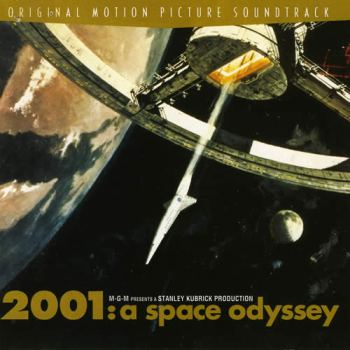
It might be the most famous snub in movie-music history. Stanley Kubrick intended to create an original score for 2001: A Space Odyssey and commissioned the highly regarded film composer Alex North (A Streetcar Named Desire, Spartacus) to compose the music for his interstellar epic. But during editing, Kubrick inserted a temporary track of classical melodies, most famously synchronizing a spaceship’s docking sequence to the Johan Strauss waltz “The Blue Danube.” Looking at the results, the director realized he had infused his state-of-the-art science fiction with an aura of regal majesty; rather than providing audiences with emotional cues, the compositions framed the journey as something timeless and iconic. So Kubrick ditched North’s score in favor of an unusual selection of classical music, stocked with the likes of German composer Richard Strauss and the avant-gardist György Ligeti. That Strauss’s tone poem “Also Sprach Zarathustra,” whose booming minute-long fanfare is synonymous with 2001, is one of classical music’s most instantly recognizable works can be credited almost entirely to Kubrick. Though Strauss became known late in life for his operas, his other music was largely overlooked until Kubrick’s masterpiece catapulted him into the pop-culture spotlight some 20 years after the composer’s death.
